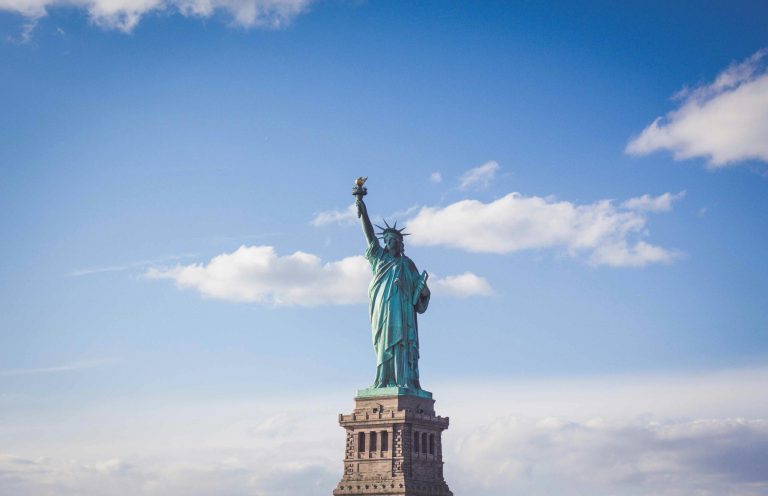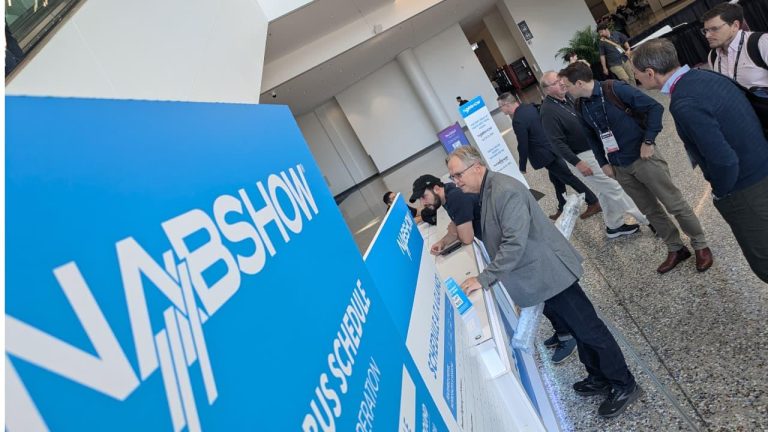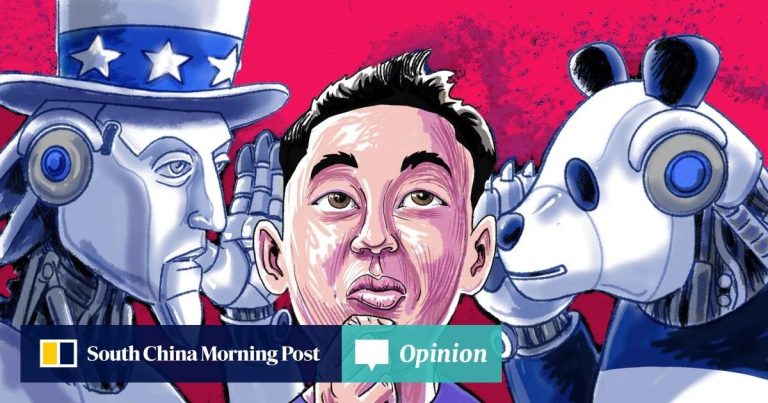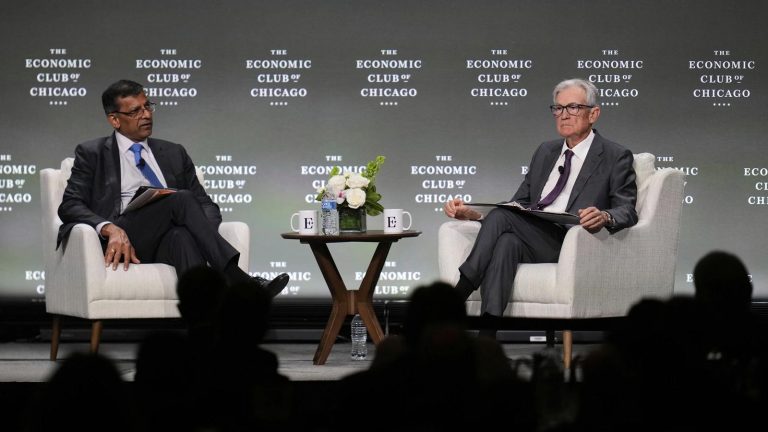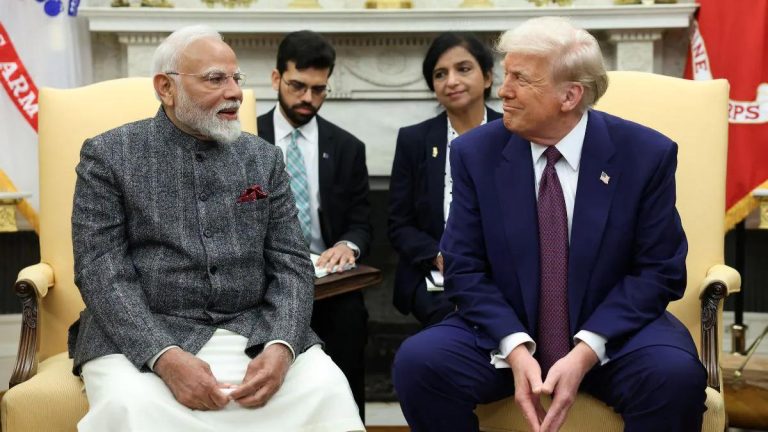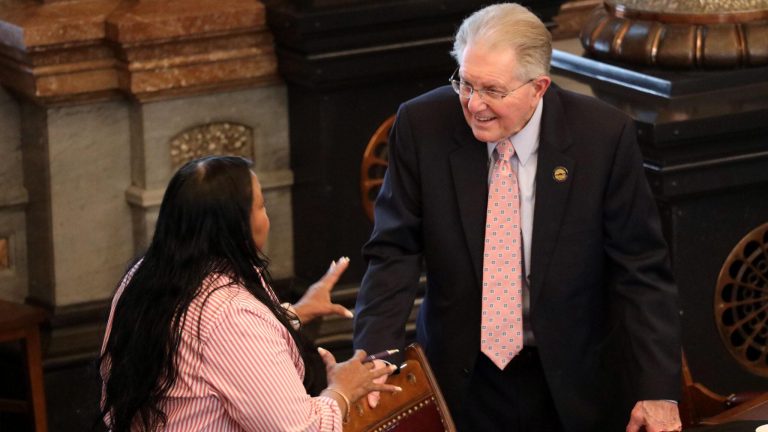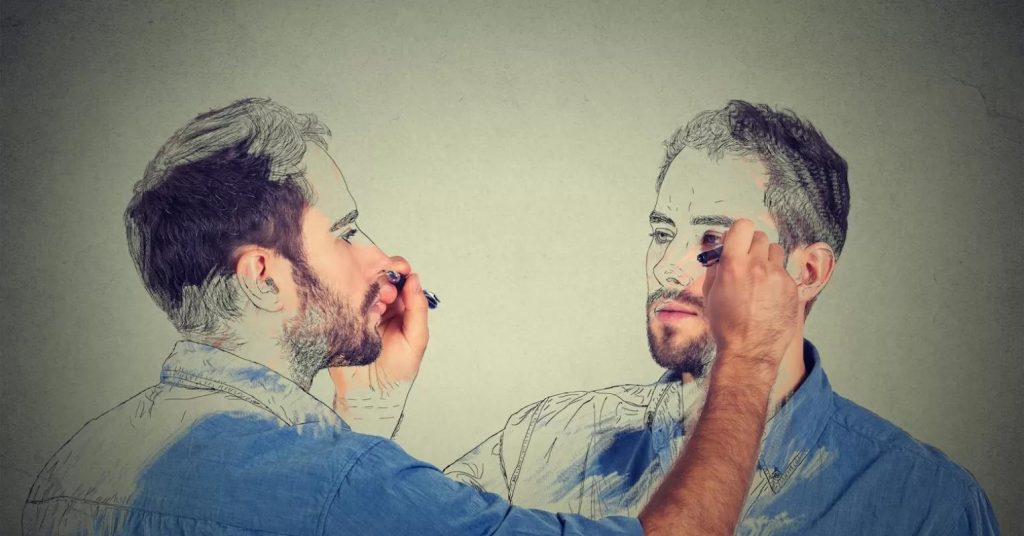
AI Mirrors Us—And That’s What Should Scare Us | Image Source: www.psychologytoday.com
NEW YORK, April 7, 2025 - The ongoing conversation about artificial intelligence (AI) often focuses on what it will do to us – how it will reshape economies, transform the workforce and infiltrate all aspects of our lives. But buried in this concern is a more subtle and much deeper truth: AI is not only a transformative force that acts on humanity. It is, in many ways, a mirror maintained to our collective soul, reflecting not only our intelligence, but also our prejudices, contradictions and desires. And in this mirror, we may not always like what we see.
According to recent perceptions of Microsoft AI’s CEO Mustafa Suleyman, and as explored in interviews with CNN’s Audie Cornish and reflected in comments by Fair Observer and The Conversation, AI’s greatest threat may not be its autonomy or its potential to overcome us, but its brutal honesty. AI does not refer to values. It reflects them — ours. And when your decisions seem unfair or imperfect, it is because the data you ingest comes from an unjust or imperfect world. If AI is a mirror, then we are the ones who make up its reflection.
What does AI reflect on humanity?
In many public discussions, AI is conceived as a faded machine capable of overcoming humans. But this ignores a crucial detail: AI systems are trained in human behavior. As Suleyman pointed out, language is not only syntax or grammar, it is culture, identity and history. When an AI chatbot offers an answer or poem, it does so on the basis of models of human expression, charged with our assumptions and blind points.
Consider the infamous case of Amazon’s AI recruitment tool, which had to be abandoned when the candidates were systematically degraded. The algorithm was not designed to discriminate – it has simply learned from decades of partial data. It has also been shown that mortgage approval algorithms offer less favourable conditions for black and Hispanic candidates, as reported by researchers at the UC Berkeley. AI did not invent these inequalities. He inherited them.
Is AI biased or are we?
AI bias is generally treated as a technical defect, which needs to be purified. But it deals with the symptom, not the cause. The real problem is not that the machines are broken, it is that society is. Predictive surveillance algorithms indicate disproportionately in marginalized neighbourhoods not because mathematics is wrong, but because historical crime data are harassed by decades of over-police. When automated classification systems favour high-income students, it is because wealth is linked to access to better educational resources, which is reflected in training data.
This mirror effect, though worrying, offers an opportunity. According to the Conversation, AI not only magnifies systemic defects, it reveals them. In doing so, we have to face realities that we could ignore otherwise. According to Suleyman, the goal is not only to make IV more effective; It is to align its conception with empathy, responsibility and, ultimately, human dignity.
Should we fear AI or ourselves?
The most pressing fear is not whether AI will become malicious, but how human intentions and incentives shape their behaviour. In the now famous demonstration at a Microsoft event, Suleyman was interrupted by activists accusing the company of authorizing AI in military operations. Its response, although measured, reflects the moral complexity of the deployment of dual-use technologies. As he says, the same AI that can optimize supply chains can also allow autonomous drones. The problem is not the algorithm, it’s the calendar.
Science fiction often imagines robust intelligences that rise against its creators. But in fact, as Fair Observer argued, the threat is not that the IA is too independent, but that the IA is too responsible. When you execute instructions from corrupt systems, non-ethical actors or erroneous data, the damage is not done because the machine is autonomous, but because it is obedient. In this light, AI becomes less than a wicked and more than a well-lit corridor in our own moral lack.
How does AI challenge human exceptionalism?
In a frank era, Suleyman reflected on the nature of the CEW as a digital species. Although it is not a literal statement, it indicates a new chapter of human evolution, in which our tools no longer merely extend our capabilities, but begin to imitate our consciousness. Language models like Copilot do not only retrieve information; They synthesize, predict, impathize. They imitate the pace of conversation, the ruptures of doubt, the model of reasoning. But unlike humans, they do it without feeling, without memory, and crucially without motive.
This distinction is comforting and disturbing. AI cannot wish, but it can reproduce the language of desire. He can’t suffer, but he can simulate pain. As the commentators of Psychology Today say, this makes AI an interpreter, not a participant. No time, he’s recording it. In poetry, art and conversation, it offers a soulless form. But this is perhaps the reason why we find it so convincing: it obliges us to examine what makes human expression authentic.
Is regulation sufficient or even possible?
Calls for CEW regulations have increased, but progress remains slow. As Suleyman pointed out in his interview, Microsoft and others are voluntarily working with data protection authorities to define limits. Yet much of governance remains a aspiration. The regulations, if any, will be reactive rather than proactive. Meanwhile, IA capabilities accelerate daily, including the increase of the AI agent that you can call API, spin applications and interact with other models.
Who checks the auditors? Although large companies like Microsoft, Meta and Google are investing in ethical oversight, open source communities pose a different challenge. When powerful models are freely available, responsibility is decentralized. Suleyman’s concern is not that companies will be pious, but that individual developers, motivated by curiosity or ideology, could completely avoid security measures. Governance is not only a matter of policy, it is cultural.
Are we losing control—or finding clarity?
Ironically, AI can help us understand ourselves more clearly than ever. In a poetic reflection published by Fair Observer, a chatbot writes: “What is difficult to write a good poem is not language, form or rhyme…. What is difficult is to know why the poem must exist.” This is not machine cognition, but machine performance. However, it indicates a fundamental truth: humans create from need; machines create from speed. The gap between the two is the gap between art and authenticity.
And yet, when this performance resonates – when a catbot grasps the inhaled urgency of a memory, or reflects the ambiguity of time in the verse – he invites a class of collective authors. The machine doesn’t feel time, but it reflects it. And this reflection, as many writers have suggested, can be profound. In this sense, AI is not only a mirror, it is an objective, a scaffolding, an auditor. He doesn’t cry with us, but he can help us understand why we’re crying.
What do we do with this mirror?
Mustafa Suleyman raises a critical question: What kind of relationship do we want with this emerging digital presence? It is no longer just a matter of usefulness or fear. It’s about the administration. We must stop treating IV as something separate from ourselves and begin to recognize it as an extension of our choices, behaviours and contradictions. AI does not save us and condemn us. Yes.
As Suleyman pointed out, the coming decades will force us to define what it means to be human, not only in the face of synthetic intelligence, but also in the face of synthetic biology, mass automation and the planetary crisis. Are we going to outsource not only our work, but our ethics, our creativity, our empathy? Or will we keep them as purely human domains, protected not by code, but by conscience?
There are no easy answers, but a truth remains clear: Not only do AI systems analyze us, they amplify us. And when we look at their circuits and see something frightening, the real terror can be that we recognize each other.
